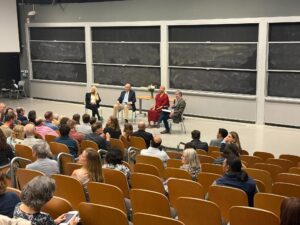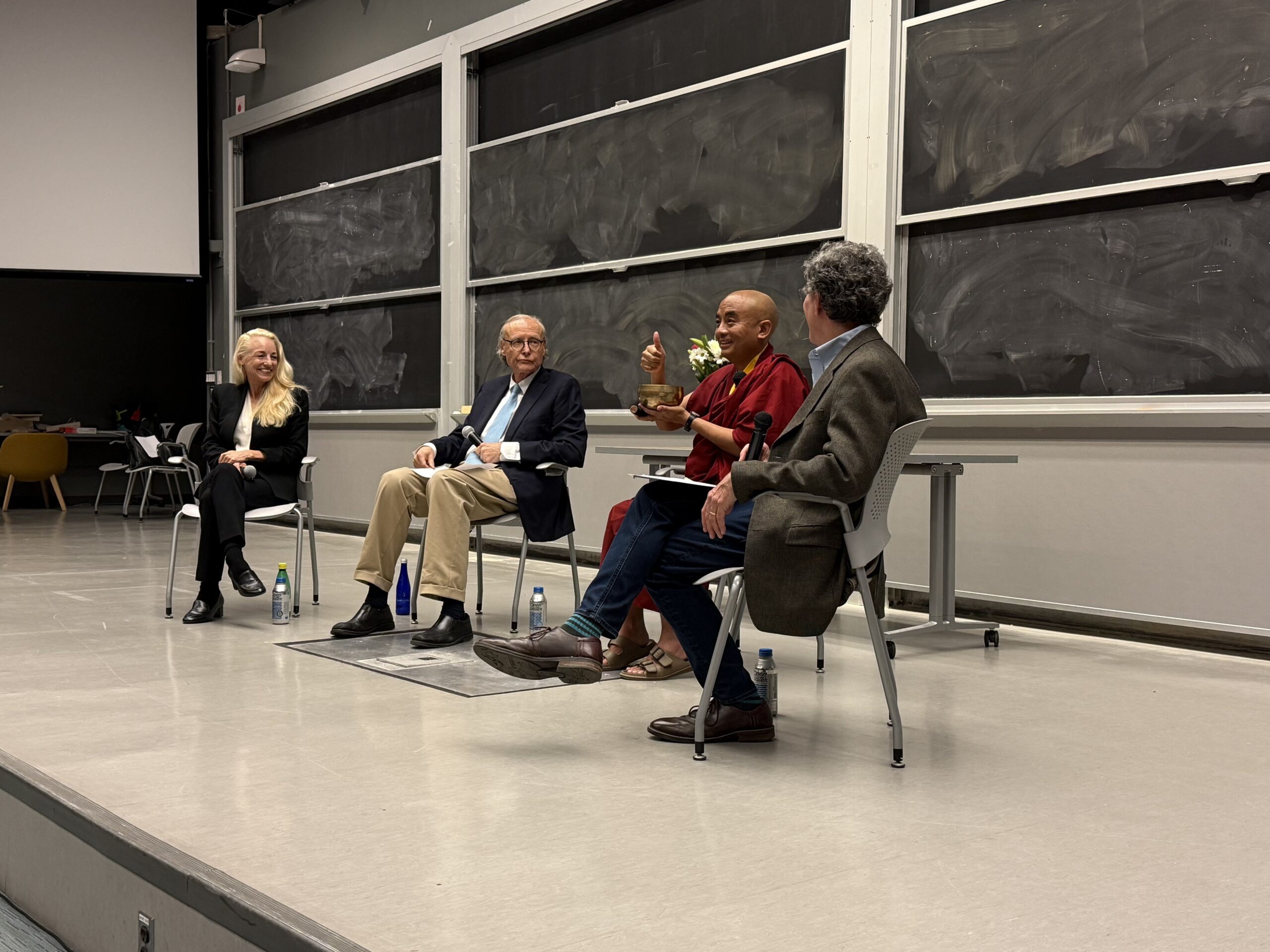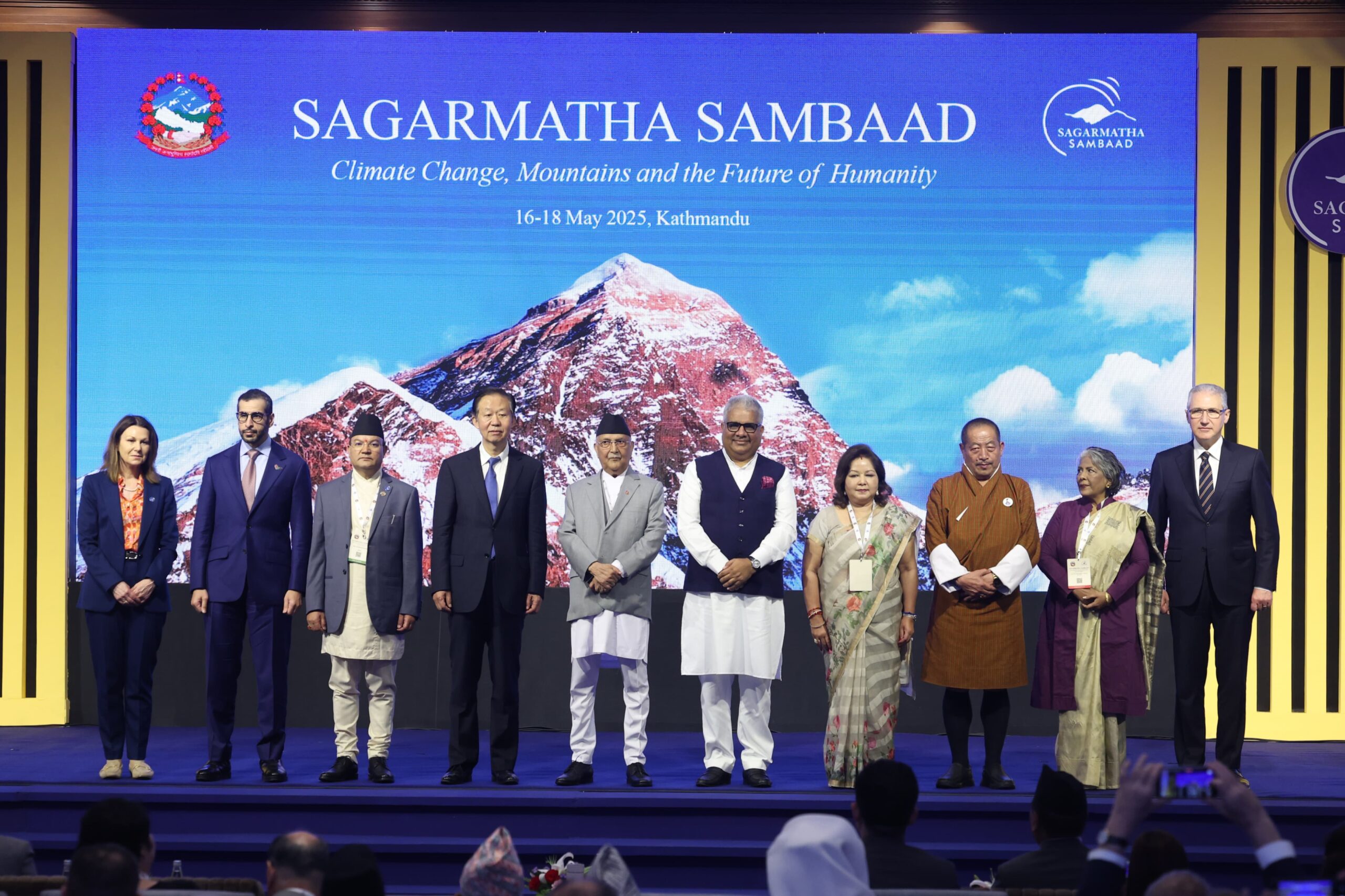Mindfulness: Rooted in Buddhism, Illuminated by Science – A Historic Gathering at MIT
Mindfulness: Rooted in Buddhism, Illuminated by Science – A Historic Gathering at MIT

May 7, 2015, Cambridge, MA — In a powerful convergence of ancient wisdom and modern science, the Massachusetts Institute of Technology (MIT) recently hosted The Mindful Brain: New Insights into the Effects of Meditation and Mindfulness on Brain Health, a landmark event that brought together luminaries from neuroscience, psychology, psychiatry, and contemplative traditions.
The conference explored how mindfulness—deeply rooted in the teachings of Buddhism—has evolved into a scientifically validated practice that supports mental health, emotional resilience, and cognitive development. While increasingly popular in Western healthcare and education, mindfulness traces its origins over 2,500 years to Buddhist teachings, where it was known as sati in Pali and smṛti in Sanskrit—tools for cultivating awareness, compassion, and insight on the path to liberation.
Yongey Mingyur Rinpoche: The Living Bridge Between Tradition and Science
Among the most notable speakers was Tibetan Buddhist master Yongey Mingyur Rinpoche, head of the Tergar Meditation Community and author of bestsellers such as The Joy of Living. Rinpoche’s commitment to the dialogue between contemplative traditions and scientific research was underscored by his participation in brain studies involving long-term meditators. His teachings and openness to scientific collaboration exemplify the conference’s spirit of integrating spiritual depth with empirical rigor.
Richard Davidson: Science Meets Compassion
Another highlight was Professor Richard Davidson, founder of the Center for Healthy Minds at the University of Wisconsin-Madison. A pioneer in affective neuroscience, Davidson’s research—shaped by his relationship with His Holiness the Dalai Lama—has shown that mindfulness and compassion practices can physically reshape the brain, reducing stress and enhancing well-being. His work offers scientific affirmation of practices long held sacred by Buddhist communities.
John Gabrieli and Susan Whitfield-Gabrieli: Charting the Mind’s Potential
MIT’s own Professor John Gabrieli and Massachusetts General Hospital’s Professor Susan Whitfield-Gabrieli brought critical insights into the conference’s interdisciplinary focus. John Gabrieli’s work in cognitive neuroscience aligns with Buddhist understandings of mental plasticity and suffering, offering neuroimaging evidence that mindfulness can transform how children and adults learn and cope with emotional challenges.
Meanwhile, Susan Whitfield-Gabrieli’s cutting-edge research in precision psychiatry shows how mindfulness alters brain networks related to rumination and anxiety, echoing Buddhist principles of non-attachment and mindful observation. Her work offers new hope for individuals facing trauma, depression, and other psychiatric conditions.
A Future Rooted in Ancient Wisdom
Attendees left the conference inspired by how deeply intertwined modern neuroscience and ancient Buddhist practices have become. What once were spiritual tools for inner liberation are now shaping contemporary approaches to mental health, education, and well-being—guided by the very insights that Buddhist traditions have cultivated for centuries.
The event not only deepened respect for the scientific inquiry into mindfulness but also honored its Buddhist roots, reminding all present that true transformation arises when inner wisdom meets external knowledge. This gathering marked a meaningful step toward a future where mindfulness is embraced not just as a therapeutic tool, but as a way of life rooted in compassion, awareness, and shared human understanding.










